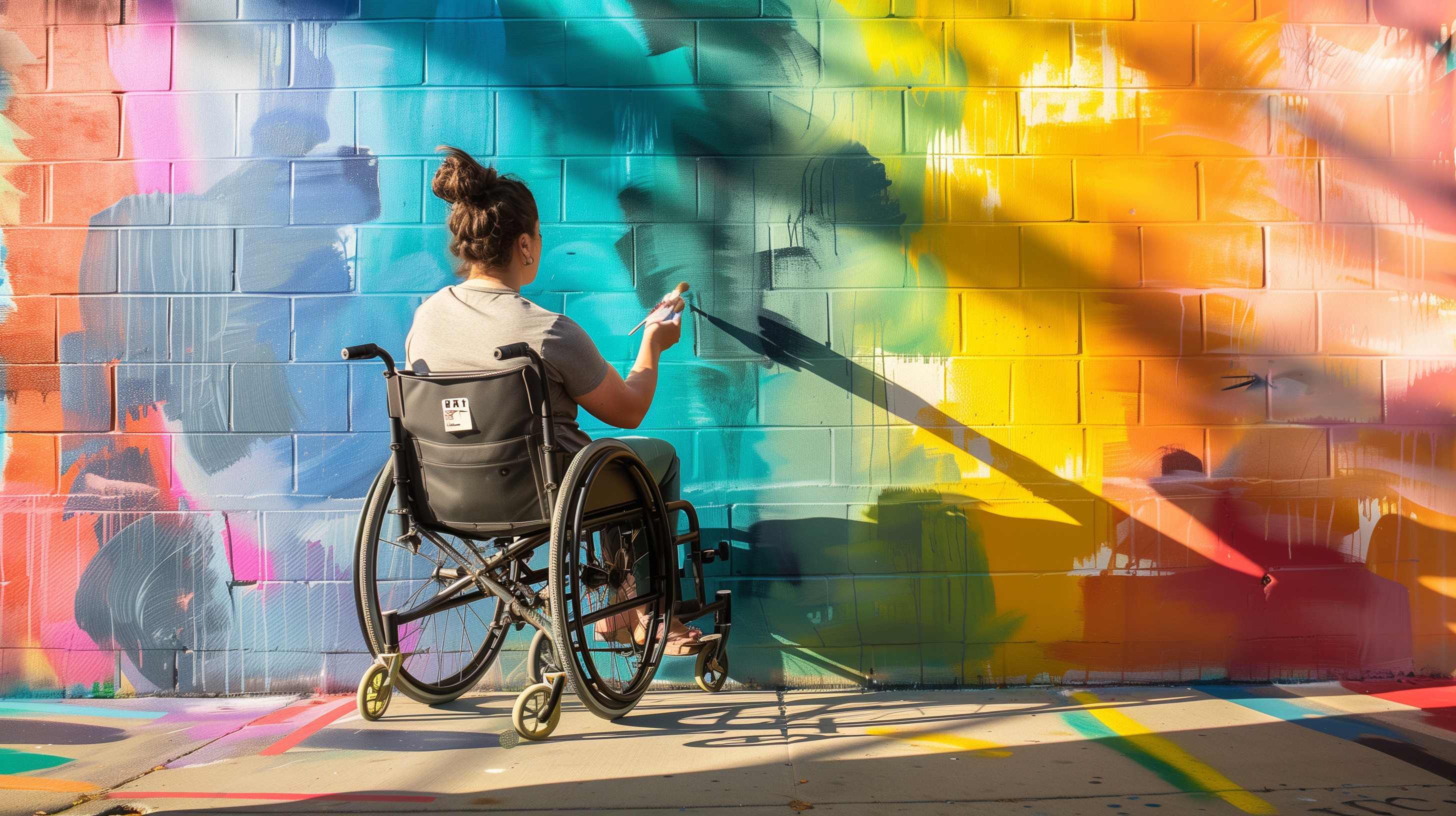Disability Pride Month is in July, and visibility is vital, but I just can't stop thinking about something more. What if we're not just asking to be included in wellness conversations—what if we're actually pioneering them?
After decades of navigating chronic illness, I've learned that disabled people have been mastering concepts the wellness industry just now appreciates. Practicing radical self-acceptance, energy management, and body trust out of necessity, we all were while the rest of the world was trying to maintain perfect health metrics.
Perhaps it is time to turn the whole script around:
The Problem with Wellness as We Know It
Walk into any wellness center and you'll see the same on every wall: optimize, maximize, push more, do more. The presumption is that bodies are meant to be predictable, rest must be earned through hard work, and that healthy has one appearance.
This paradigm breaks the moment you introduce real human bodies. Bodies that inexplicably hurt. Bodies that need rest without "earning" it. Bodies that move differently but still need respect and care.
The aging model of wellness not only disables us—it actually harms us by suggesting that our experiences are failures, not healthy ways of being human.
What We've Always Known About Energy
The spoon theory, developed by Christine Miserandino in 2003, revolutionized how people think about energy management. Disabled people were already calculating the price of every move and consciously deciding how to spend our limited resources before productivity gurus started talking about "energy audits."
We've discovered something the health world is having trouble conveying: that energy is scarce and precious. That saying no is not quitting—it's intelligence. That rest is not sloth—it's maintenance.
The difference? We acquired it out of necessity, rather than through expensive courses or life coaches.
Redefining Productivity and Success
Capitalism makes us think productivity is worth. Disability teaches us life is valuable regardless of production. This isn't some nice philosophical notion—it's a revolutionary reframing of what success looks like.
Some days my biggest accomplishment is being able to take my medicine at the right time. Other days I can write, work, and socialize. Both of those days are just as valid because my worth is not determined by how productive I am.
This awareness of variable capacity and changing capabilities provides everyone with a more sustainable relationship with achievement. You do not need to be high-functioning all the time to deserve care, rest, or respect.
Body Trust as Survival Skill
The wellness industrial complex takes a punitive approach to this by telling you to ignore your body's messages—shake off fatigue, suppress pain, will yourself into compliance. Disabled people learn the opposite: our survival depends on staying highly attuned to what our bodies are telling us.
When your body gives you little warning signals leading up to a flare or crash, you become fabulously sensitive to slight changes in pain levels, energy, and symptoms. This is not neurosis—it's higher-level self-awareness that could be used by all of us.
Chronic illness teaches you that your body is not your enemy conspiring against you and sabotaging your plans. It is your partner, giving you vital information about what you require in order to work and thrive.
Mainstream self-care will resemble bubble baths and face masks—pleasant but superficial. Disability community self-care is about organizing meds in advance, setting up for symptom flare days, and creating systems that work when your functioning is unpredictable.
Real self-care can mean having fast food available for energy-sucking days, organizing your environment to prevent pain triggers, or building in flexibility in your schedule to deal with symptoms. It's not as camera-friendly but a heck of a lot more practical.
This self-care approach focuses on sustainability over appearance, function rather than form. It's not questioning "what does self-care look like?" but "what do I really need?"
Community Care Instead of Individual Fixes
The disability community understands something wellness culture seems to have forgotten: individual solutions only go so far. True wellness requires community support, systemic change, and collective care.
We pool resources, battle for each other, and know that the well-being of communities is connected with that of individuals. Access to healthcare, cheap medication, disability-adapted settings—these aren't just personal problems to solve by better self-care practices.
This paradigm shift lifts the mythical notion of the complete control of health lying with the individual and brings to light how environmental determinants, social support, and system access influence the well-being of all individuals.
Resilience Without Toxic Positivity
Disability requires actual resilience—never the type of toxic positivity that dismisses actual problems, but the resilience that acknowledges adversity and tries to find means of coping and continuing.
It's not about "overcoming" disability or being an "inspiration." It's about figuring out useful strategies for functioning with a buggy body in a world that doesn't accommodate you. It's problem-solving, flexibility, and sensible optimism.
Real resilience is about grieving losses, asking for help, and being okay with some days it being enough just to make it. It's real about how hard it is without losing its meaning and joy.
What This Means for Everyone
Disability pride isn't about disabled individuals being lauded—it's about recognizing that disabled experience is essential for all people. We're all temporarily able-bodied. We all get sick, get hurt, and grow old. The strategies disabled people employ aren't specialized—they're usable by all.
Imagine wellness environments that respected variable capacity instead of constant performance. Imagine self-care that is about accessibility and flexibility, not perfection. Imagine productivity models with sustainability, not extraction.
These aren't concessions or consolation prizes just for showing up. They're smarter strategies for human wellbeing that acknowledge the reality of how bodies actually operate.
Moving Forward Together
Disability Pride Month reminds us that disabled existences are not tragic tales to be survived but rather other modes of being human with unique strengths and understandings. Disability communities have been experimenting on wellness strategies that collaborate with, not against, human limitations.
Instead of asking how to bring disabled people into the existing models of wellness, perhaps we should wonder what disabled wisdom could bring to the models. What the answers would be would surprise each of us.
True wellness is not about optimal health or optimal performance. It's about creating sustainable relationships with our bodies, real expectations for our energy, and healthy communities that welcome us as we are.




Salt, Sun & Spoonies: In Which the Ocean Enables Chronic Illness Wellbeing
August's Natural Medicine Cabinet: What Late Summer Foods Can Teach Your Chronic Illness